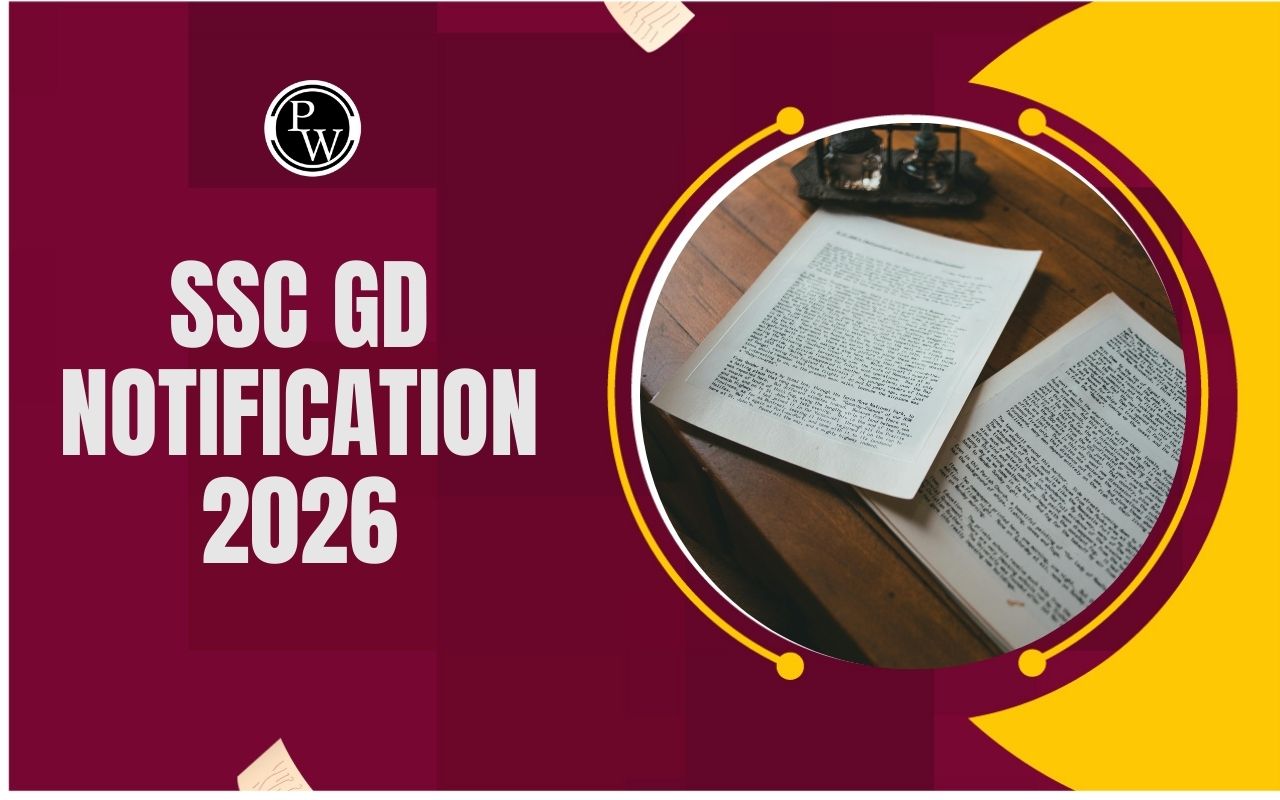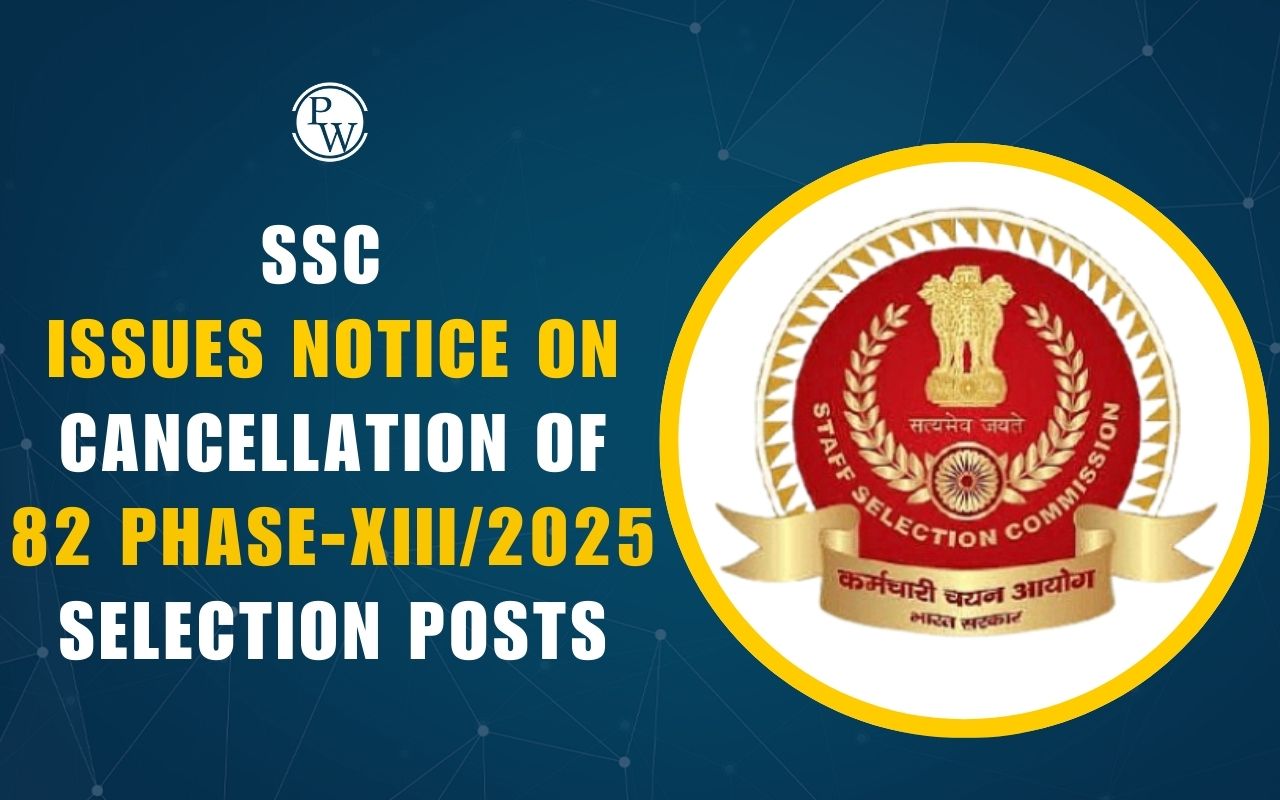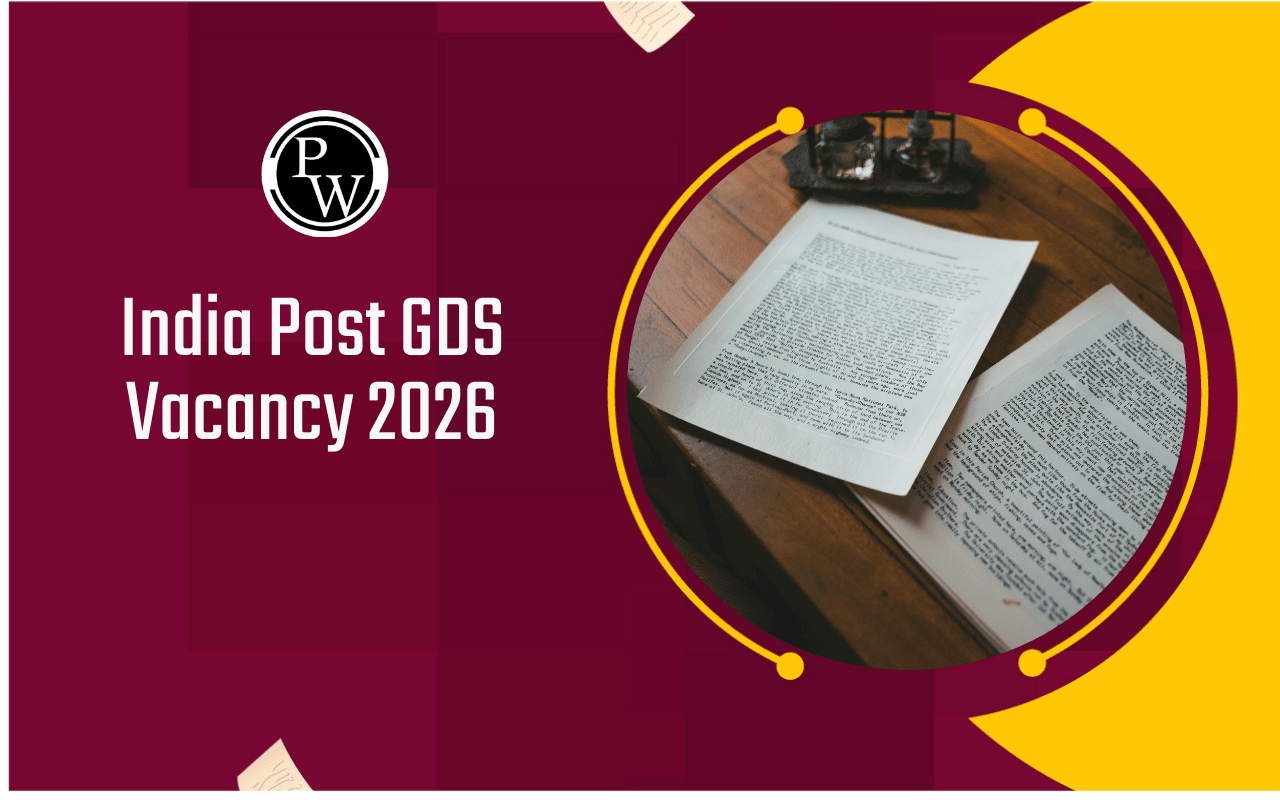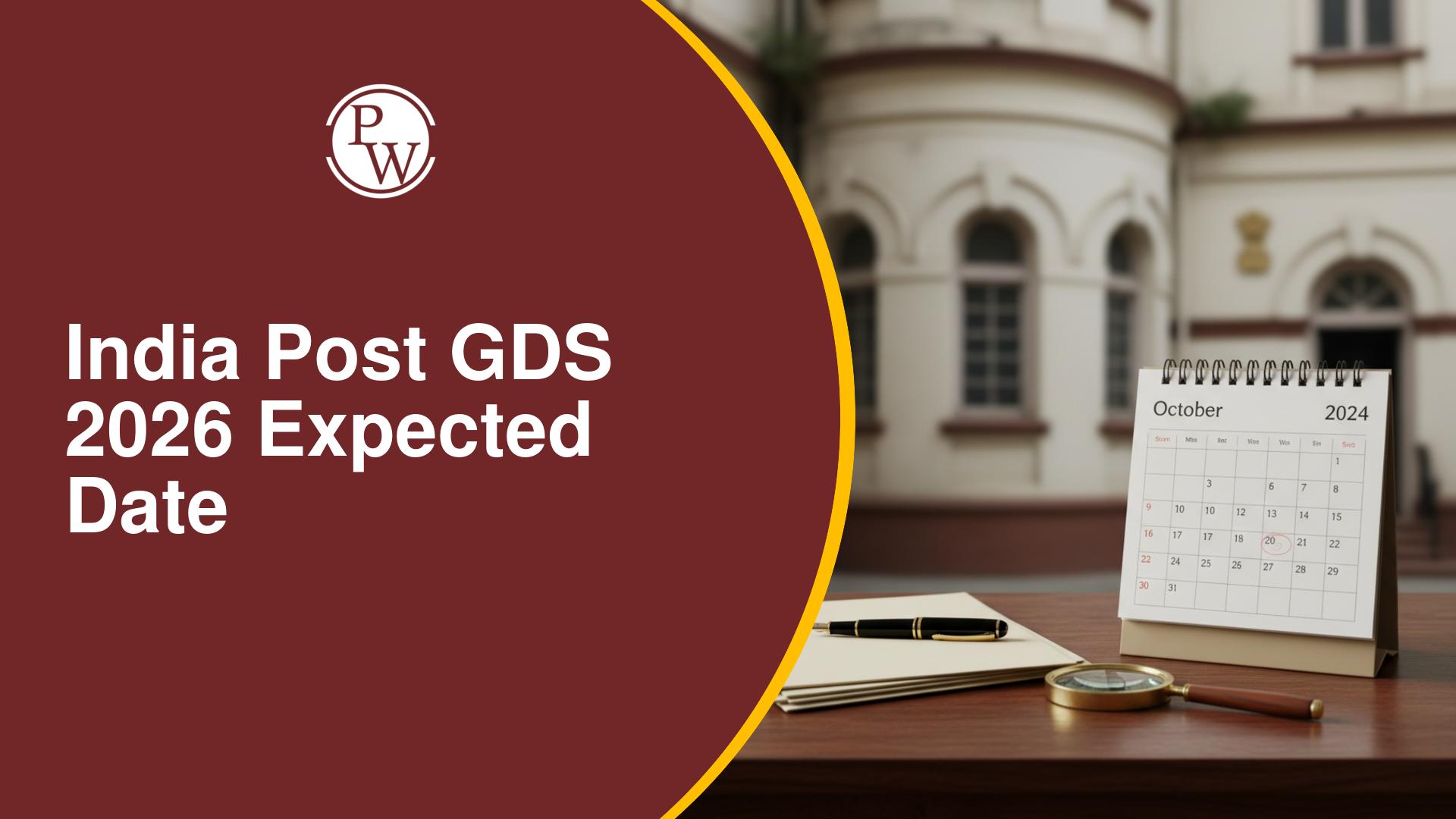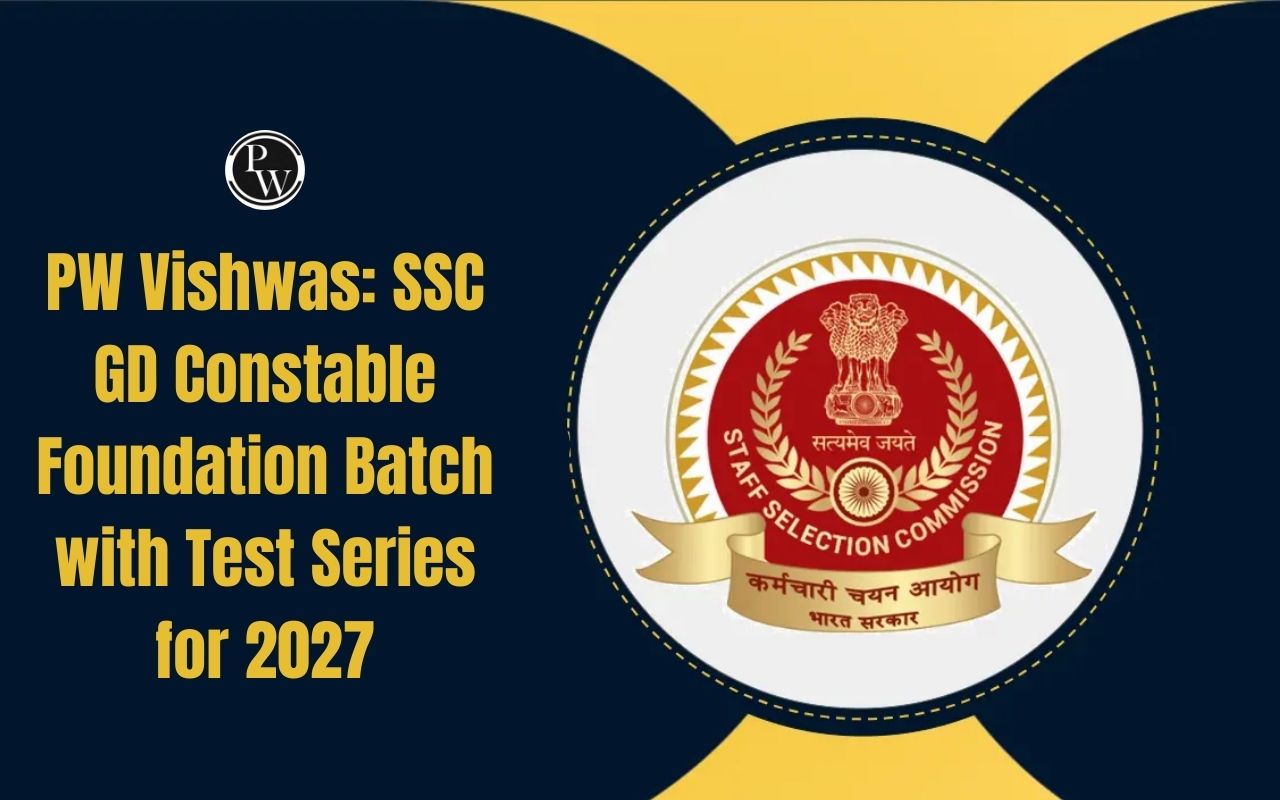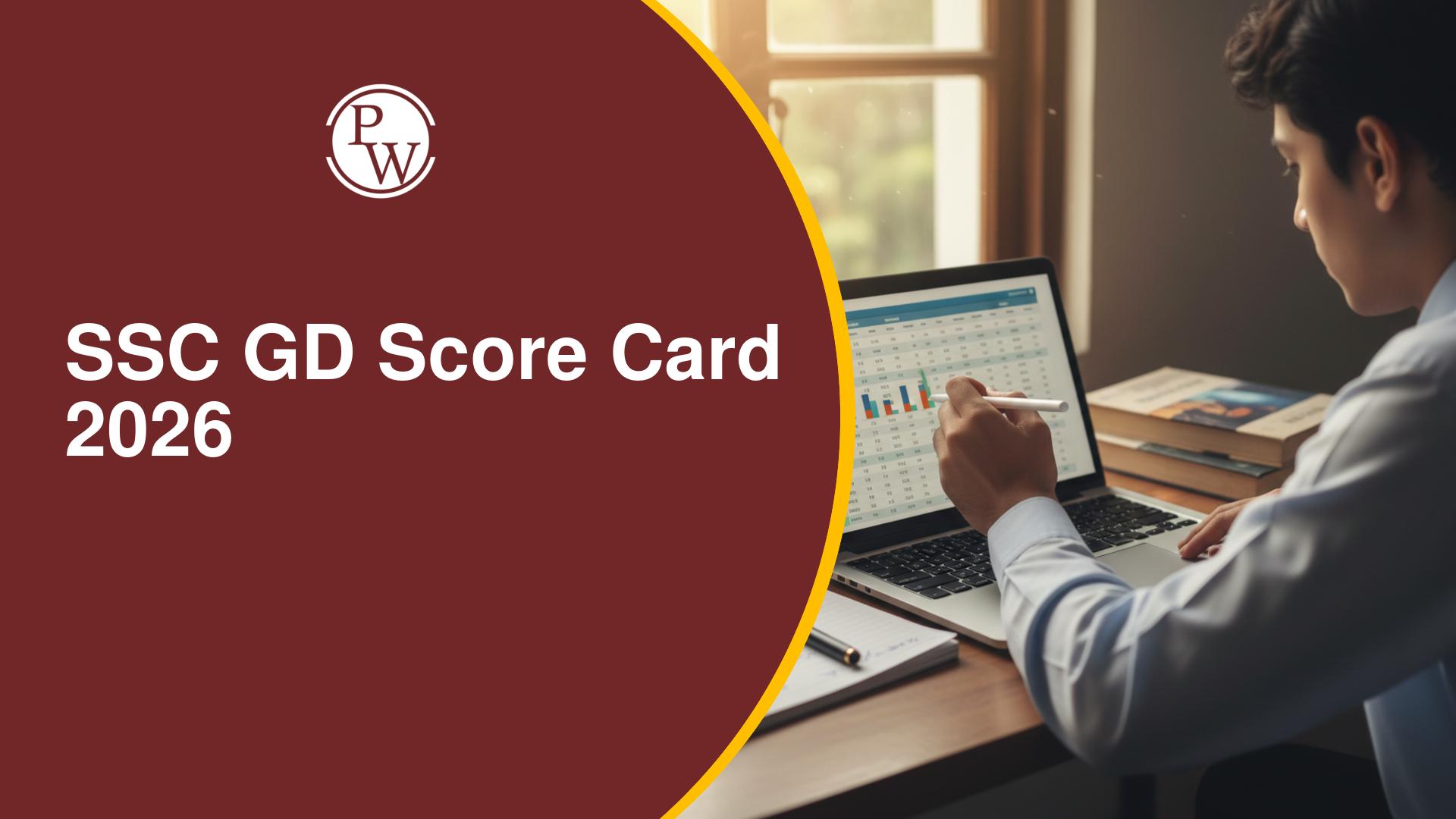
How to Prepare Maths for SSC Exams: The Math section is a key component of the Staff Selection Commission exams. Quantitative Aptitude is considered one of the most challenging subjects. This section evaluates an applicant’s ability to solve mathematical problems quickly and accurately. Therefore, effective preparation tips and strategies are essential to score well in this section.
How to Prepare Maths for SSC Exams
To excel in Maths, you need a solid foundation in mathematics and exceptional problem-solving skills. Before learning the shortcuts, it’s crucial to understand the fundamental concepts covered in the Quantitative Aptitude section. Learning these basics will make learning shortcuts easier, which in turn, helps with time management. Read below for the best tips on How to Prepare Maths for SSC Exams 2024.Understanding the Syllabus
Topics to Cover: The Maths section of SSC exams is comprehensive and covers several important topics:
- Arithmetic : This includes basic mathematical concepts that are often used in day-to-day calculations. Topics like percentages, profit and loss, ratio and proportion, averages, time and work, time and distance, and simple and compound interest form the core. For instance, understanding how to calculate discounts or interest rates can be very useful in these exams.
- Algebra : Algebra involves the study of mathematical symbols. Important topics include simplification, algebraic identities, quadratic equations, and linear equations. These concepts help in solving equations and understanding relationships between different variables.
- Geometry : Geometry deals with the properties and relations of points, lines, surfaces, solids, and higher dimensional analogs. Key areas include properties of triangles, circles, polygons, and concepts like congruence and similarity. Mensuration, which involves calculating areas and volumes of various shapes, is also crucial.
- Trigonometry : This branch of mathematics deals with the relationships between the sides and angles of triangles. Key concepts include trigonometric ratios (sine, cosine, tangent), identities, and problems involving heights and distances. Trigonometry is particularly useful for solving problems related to angles and distances.
- Statistics and Data Interpretation : This involves understanding and analyzing data. Key concepts include mean, median, mode, and the ability to interpret data from charts, tables, and graphs. These skills are essential for making sense of numerical data and drawing conclusions from it.
Importance of Each Topic
Different SSC exams may place different levels of emphasis on these topics. For example, the SSC CGL exam might have more questions from algebra and trigonometry, while the SSC CHSL might focus more on arithmetic. Reviewing past papers helps you identify which topics are more frequently tested, allowing you to prioritize your study time effectively.Building Strong Fundamentals
Basics First: Before attempting to solve complex problems, ensure that you have a solid understanding of the basic concepts and formulas. This involves learning how to perform basic operations and understanding fundamental principles. For example, you should be comfortable with basic arithmetic operations, fractions, and decimal calculations.
Use Standard Textbooks: Using standard textbooks is highly recommended. These books provide comprehensive coverage of all topics, with clear explanations and a variety of practice problems. They are designed specifically to help students prepare for competitive exams.
Online Resources: There are many online resources available to help you understand difficult concepts. Websites like PW offer free tutorials on a wide range of topics. Additionally, educational YouTube channels provide video explanations that can be very helpful for visual learners. These resources can supplement your textbook learning and offer different perspectives on difficult topics.
Practice is the Key
Daily Practice: Daily practice is crucial for mastering Maths. Aim to solve a variety of problems each day to reinforce your understanding and improve your problem-solving speed. Regular practice helps in retaining concepts and applying them efficiently during exams.
Previous Year Papers: Solving previous years' question papers is an excellent way to prepare. It gives you a clear idea of the exam pattern, the types of questions asked, and the level of difficulty. This practice can help you become familiar with the format of the exam and manage your time effectively during the actual test.
Mock Tests: Regularly taking mock tests is essential for simulating the exam environment. Mock tests help you practice under timed conditions, which is critical for improving your speed and accuracy. After each test, analyze your performance to identify your strengths and weaknesses. Focus on improving areas where you struggle.
Time Management
Timed Practice Sessions: Practicing problems within a fixed time limit can help you improve your speed and efficiency. Set a timer while solving practice problems to mimic exam conditions. This practice will help you manage your time better during the actual exam.
Prioritize Topics: While preparing, focus more on topics that carry higher marks and are frequently asked in the exams. However, ensure you have a basic understanding of all topics. Prioritizing topics based on their importance and your comfort level with them can help you allocate your study time more effectively.
Breaks and Rest: Taking regular breaks during study sessions is important to avoid burnout and maintain productivity. Ensure that you get enough rest and sleep, as a well-rested mind is more effective in learning and retaining information.
Analyzing Mistakes
Review Wrong Answers: After practicing or taking a mock test, thoroughly review the questions you got wrong. Understanding the mistakes you made and why you made them is crucial for improvement. This analysis helps you identify patterns in your errors and work on them.
Concept Revisions: Revisit the concepts related to the mistakes and practice more problems in those areas. This targeted practice helps reinforce your understanding and prevents similar mistakes in the future. Regularly revising concepts ensures that you retain what you have learned.
Useful Tips and Tricks
Shortcuts and Formulas: Learning and memorizing important formulas, shortcuts, and tricks can save valuable time during the exam. Create a list of these and review them regularly. Knowing shortcuts can help you solve problems quickly and accurately, giving you more time to tackle difficult questions.
Mental Math: Practicing mental math regularly can improve your calculation speed. Being able to perform calculations in your head without relying on a calculator can save time and make you more efficient during the exam. Regular practice of mental math can significantly boost your confidence and speed.
Notes and Flashcards: Making concise notes and flashcards for quick revision of important formulas and concepts is an effective study strategy. These can be handy for last-minute revisions and help reinforce your memory. Regularly reviewing your notes and flashcards ensures that important information is fresh in your mind.
Staying Consistent
Study Schedule: Creating a study schedule and sticking to it is crucial for consistent preparation. Allocate specific times each day for Maths practice and adhere to your plan. A well-structured study schedule helps ensure that you cover all topics systematically and gives you a sense of progress.
Balanced Preparation: While focusing on Maths is important, don’t neglect other sections of the exam. Ensure that you allocate time for other subjects like reasoning, general awareness, and English. Balanced preparation helps you perform well in all sections of the exam.
Stay Positive: Maintaining a positive attitude is crucial for effective preparation. A positive mindset helps you overcome challenges and keeps you focused on your goals.
Health and Well-being
Healthy Diet: Eating a balanced diet keeps your mind and body healthy. Foods rich in nutrients can improve concentration and energy levels. Avoid junk food and stay hydrated to maintain optimal brain function.
Exercise: Regular physical activity helps reduce stress and improve focus. Even short breaks for a walk or some light exercise can be beneficial.
Sleep: Ensure you get enough sleep. A well-rested mind is more alert and better at retaining information. Avoid late-night study sessions right before the exam, as they can lead to fatigue and reduce your performance.
Exam Day Strategy
Last-minute Revision: On the day before the exam, revise important formulas and concepts one last time. However, avoid cramming new information at the last minute. Focus on consolidating what you already know and keep your mind calm and relaxed.
Stay Calm: Keep calm and composed during the exam. Stress can lead to mistakes, so take deep breaths and approach each question methodically. Confidence and a calm mindset help you think clearly and perform better.
Time Management: Allocate time wisely to each section during the exam. If you get stuck on a problem, move on and come back to it later if time permits.
How to Prepare Maths for SSC Exams FAQs
Q1: What are the key topics to focus on for SSC Maths preparation?
Q2: How important is practicing previous year papers for SSC Maths?
Q3: What resources are recommended for SSC Maths preparation?
Q4: How can I improve my speed and accuracy in SSC Maths?

